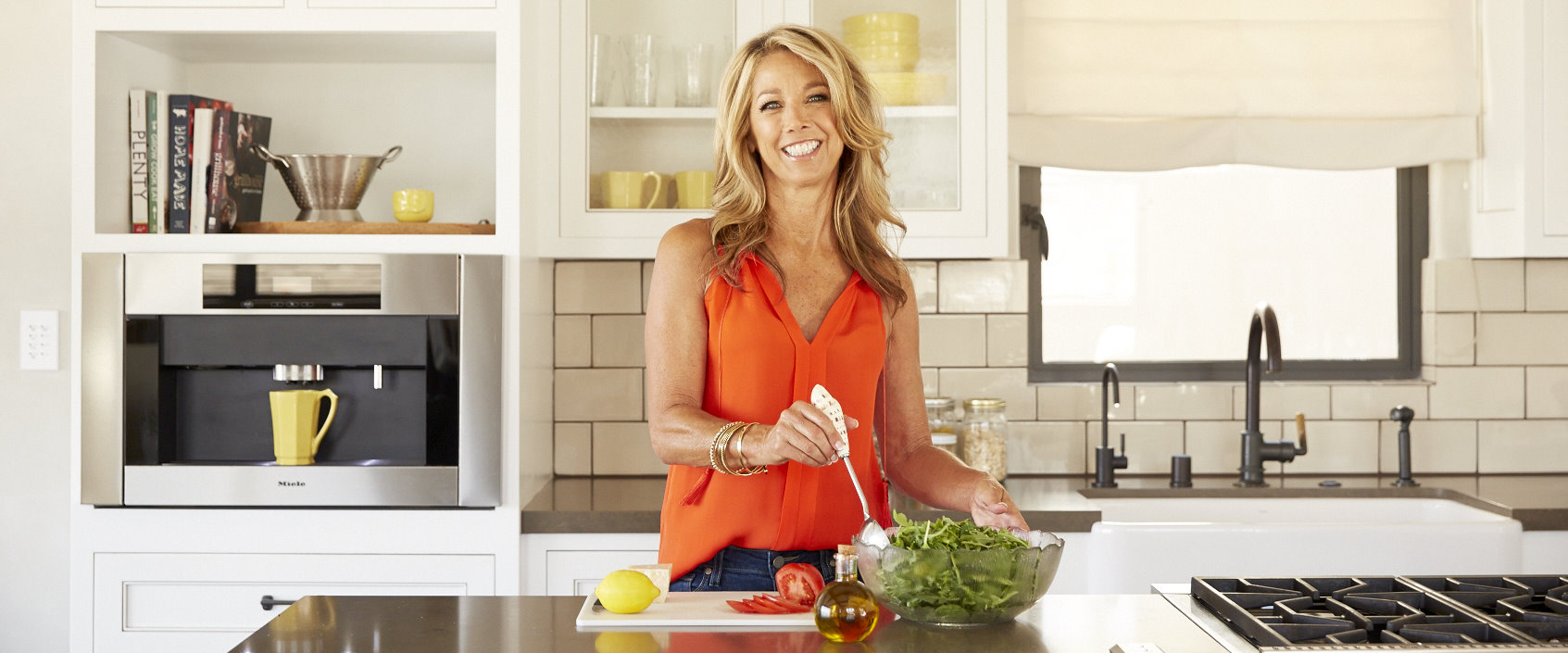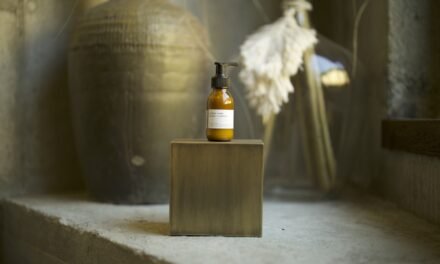
Clean-Label Craze: How Hotel Spas Are Answering the Call for Natural Products

Imagine stepping into a hotel spa and being greeted by a scent of fresh, natural ingredients. Instead of synthetic fragrances, you find products with labels you can understand. This isn’t a future dream—it’s happening now. Major hotel chains are jumping on the clean-label bandwagon, driven by consumer demand. Keep reading to learn more about how this shift is changing the spa experience and what it means for guests and the industry.
The Rise of Natural Wellness
People are more aware of what they put on their skin and how it affects their health. This awareness has pushed major hotel chains to rethink their spa offerings. Gone are the days when a luxury spa could rely solely on its ambiance and skilled staff. Today’s consumers want to know that the products being used are safe, natural, and free from harmful chemicals.
This shift isn’t just a fad; it’s a response to a growing body of research that links synthetic ingredients to health issues. As more people seek out cleaner, greener products, hotel spas are stepping up to meet this demand. This change reflects broader hotel spa and wellness trends, where transparency and sustainability are becoming as important as relaxation and luxury.
 Why Clean Labels Matter
Why Clean Labels Matter
The term “clean label” refers to products that are free from artificial additives, preservatives, and other synthetic chemicals. For hotel spas, adopting clean-label products means offering guests a more natural, wholesome experience. But why does this matter so much?
Firstly, consumers are increasingly educated about the potential dangers of synthetic ingredients. With access to information at their fingertips, they are more likely to research and question what goes into the products they use. This has led to a demand for transparency and honesty from brands, including those found in luxury hotel spas.
Secondly, the clean-label movement aligns with a broader trend toward sustainability and environmental responsibility. Natural products often have a smaller environmental footprint, from sourcing to disposal. By choosing clean-label products, hotel spas can appeal to eco-conscious consumers who care about the planet as much as their personal well-being.
The Intersection of Wellness and Clean Food
One exciting development is how hotels are using CPG manufacturing to create clean foods with the hotel’s brand on them to offer guests waiting between spa services. This approach not only enhances the guest experience but also reinforces the hotel’s commitment to health and wellness.
Imagine enjoying a nutritious, clean-label snack branded with your hotel’s name while waiting for your massage. It’s a small touch that can make a big difference in how guests perceive their overall experience. This strategy taps into the growing trend of wellness tourism, where guests seek destinations that offer comprehensive health and wellness programs, including clean eating options.
These branded snacks serve multiple purposes. They provide a convenient and healthy option for guests, reinforce the hotel’s branding, and create an additional revenue stream. This innovation is a win-win for both guests and hotels, showcasing the power of integrating wellness and clean-label products.
Consumer Expectations and Industry Response
The move towards clean-label products in hotel spas is largely driven by consumer expectations. Today’s spa-goers are not just looking for a relaxing treatment; they want an experience that aligns with their values. This includes using products that are safe, natural, and ethically sourced.
Hotels are responding by partnering with clean-label brands and even developing their own lines of natural products. These initiatives are not just about meeting demand but also about standing out in a competitive market. By offering clean-label products, hotels can differentiate themselves and attract a loyal customer base that prioritizes health and wellness.
The transparency and authenticity associated with clean-label products can enhance a hotel’s reputation. In an age where trust is paramount, being upfront about product ingredients and sourcing practices can build strong relationships with guests.
Challenges in the Transition
Switching to clean-label products is not without its challenges. For many hotels, this transition requires significant changes in their supply chain and procurement processes. Sourcing natural ingredients can be more complex and costly than using synthetic alternatives.
There is also the challenge of ensuring consistency and quality. Natural ingredients can vary in availability and potency, affecting the performance of spa products. Hotels must work closely with suppliers to maintain high standards and ensure that their clean-label products deliver the desired results.
Despite these challenges, the benefits of offering clean-label products far outweigh the drawbacks. Hotels that successfully navigate this transition can enjoy a competitive edge, attract health-conscious guests, and contribute to a healthier planet.
The Future of Hotel Spas
Looking ahead, the trend towards clean-label products in hotel spas is likely to continue growing. As consumers become more health-conscious and environmentally aware, the demand for natural, transparent products will increase.
Hotels that embrace this trend will be well-positioned to attract a new generation of guests who prioritize wellness and sustainability. This shift will also drive innovation in the industry, with new products and services designed to meet the evolving needs of health-conscious consumers.
From clean-label skincare and body treatments to branded healthy snacks, the possibilities are endless. By staying ahead of these trends, hotels can create unique, memorable experiences that resonate with modern travelers.
Feature Photo by Brooke Lark on Unsplash










 Why Clean Labels Matter
Why Clean Labels Matter
























